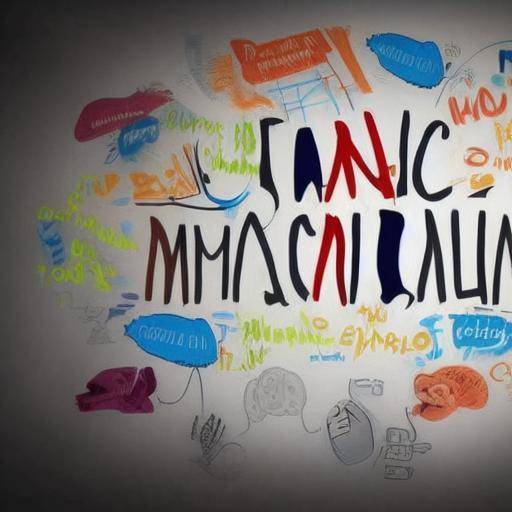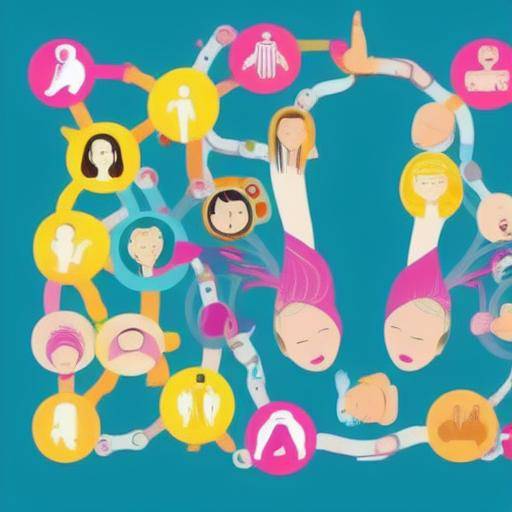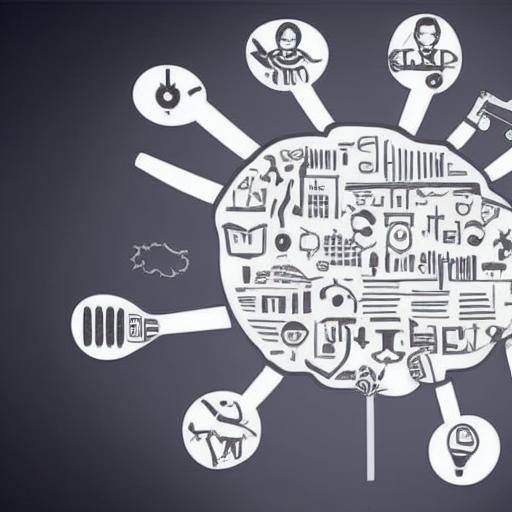
Change management is a fundamental process in all aspects of life, whether in the professional or personal sphere. The ability to adapt to transformations is crucial to achieving success in a constantly evolving world. In this article, we will explore the meaning of mental flexibility and its role in change management, analyzing how this skill can influence adaptation to new scenarios and challenges.
What is change management?
Change management is a structured process that seeks to guide organizations, teams and people in the transition from a current state to a desired state. This approach encompasses from raising awareness of the need for change to the implementation and consolidation of new practices, with the aim of minimizing resistance and maximizing acceptance.
Importance of mental flexibility in change management
Mental flexibility refers to the ability to adapt and adjust thought, emotions and actions to new situations, challenges or paradigms. In the context of change management, this skill is particularly relevant as it allows individuals and organizations not only to survive in changing environments, but also to thrive and lead change effectively.
History and background
The concept of mental flexibility has deep roots in disciplines such as psychology, neuroscience and philosophy. Since ancient times, thinkers and scholars have explored the adaptable nature of human beings and their ability to face new circumstances. Throughout history, various philosophical currents and psychological approaches have addressed the importance of adaptability and mental flexibility.
Influential personalities and turning points
In the 20th century, figures like Carol Dweck, with her theory of growth mentality, contributed significantly to modern understanding of mental flexibility. This current of thought has revolutionized the way we perceive intelligence, effort and development potential, highlighting the importance of adopting an open and adaptable mentality. In addition, milestones such as technological revolution and geopolitical changes have highlighted the prevailing need for mental flexibility in an increasingly interconnected and changing world.
In-depth analysis
By cultivating mental flexibility, people and organizations can experience many benefits in the context of change management. First, the ability to adapt with agility to new circumstances allows the challenges to be addressed with a proactive attitude, reducing the impact of adverse change and capitalizing on emerging opportunities. Mental flexibility also fosters an environment of innovation, where experimentation and exploration are seen as fundamental elements for growth and evolution.
Examples and case studies
An outstanding example of the influence of mental flexibility in change management is the business sector, where the ability to adapt to volatile and disruptive environments has marked the difference between success and obsolescence. Companies like Netflix, who went from distributing DVD to leading the streaming market, stand out for their ability to improvise, adapt and re-engineer in a highly competitive and changing environment.
Conclusion
The management of change is a fundamental element in the fabric of contemporary society, and mental flexibility emerges as a fundamental pillar to navigate this dynamic reality. In understanding and fostering mental flexibility, both individually and organizationally, we can expand our adaptation, innovation and resilience capabilities, preparing for the challenges and opportunities that the future holds for us.
Frequently asked questions
**Why is mental flexibility important in change management?**Mental flexibility allows you to adapt quickly to new circumstances, minimizing resistance and maximizing acceptance of change in individuals and organizations.
**How can mental flexibility be fostered in a work team?**Promoting mental flexibility in a work team involves promoting a culture of continuous learning, encouraging experimentation and creative thinking, and assessing innovation and adaptability as key competencies.
**Are there techniques to develop mental flexibility?**Yes, techniques such as meditation, positive visualization, problem solving creatively and gradual exposure to new situations are effective in developing mental flexibility.
**What role does mental flexibility play in resilience?**Mental flexibility is essential for resilience, as it allows for adaptability and strength to meet the challenges and adversities, facilitating recovery and growth after difficult situations.
**How does mental flexibility influence business decision-making?**Mental flexibility promotes a mentality open to new ideas and perspectives, which enriches business decision-making by considering a wide spectrum of innovative possibilities and solutions.
**What are the benefits of mental flexibility in the personal domain?**Mental flexibility facilitates adaptation to personal changes, reduces stress, promotes a positive attitude towards adversity and promotes personal and emotional growth.
**How can companies foster mental flexibility among their employees?**Businesses can foster mental flexibility by promoting an inclusive and responsive environment for diversity of ideas, the implementation of personal and professional development programmes, and the recognition of adaptation capacity as an organizational value.
Conclusion
In short, the management of change and mental flexibility are intrinsically intertwined, the last being a key driver of adaptive and transformational capacity. By adopting an open, agile and adaptable mentality, we can face the challenges of change with confidence and creativity, taking advantage of emerging opportunities with determination and optimism.































